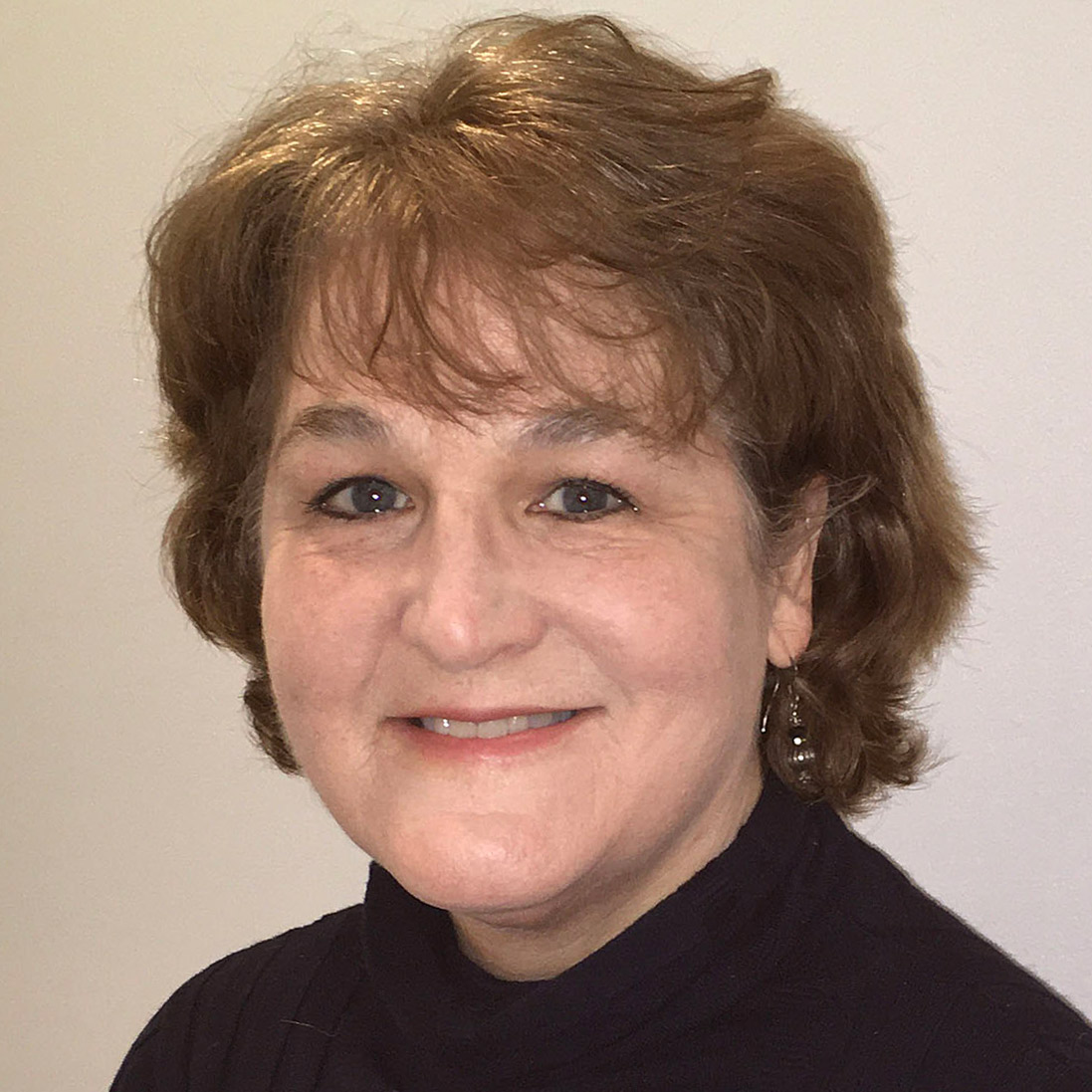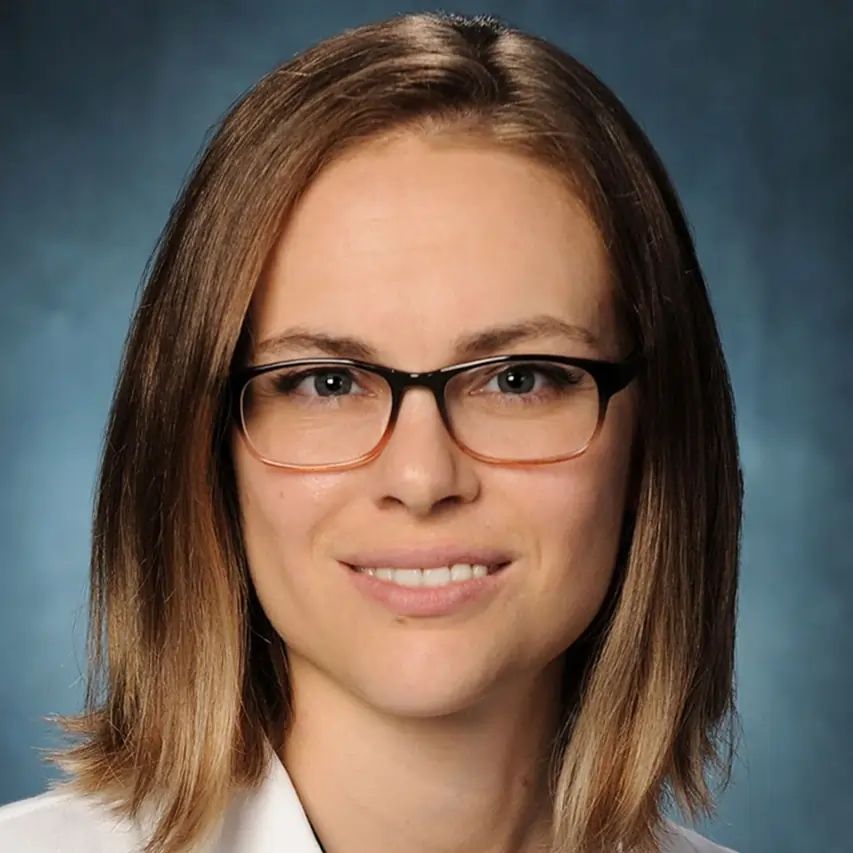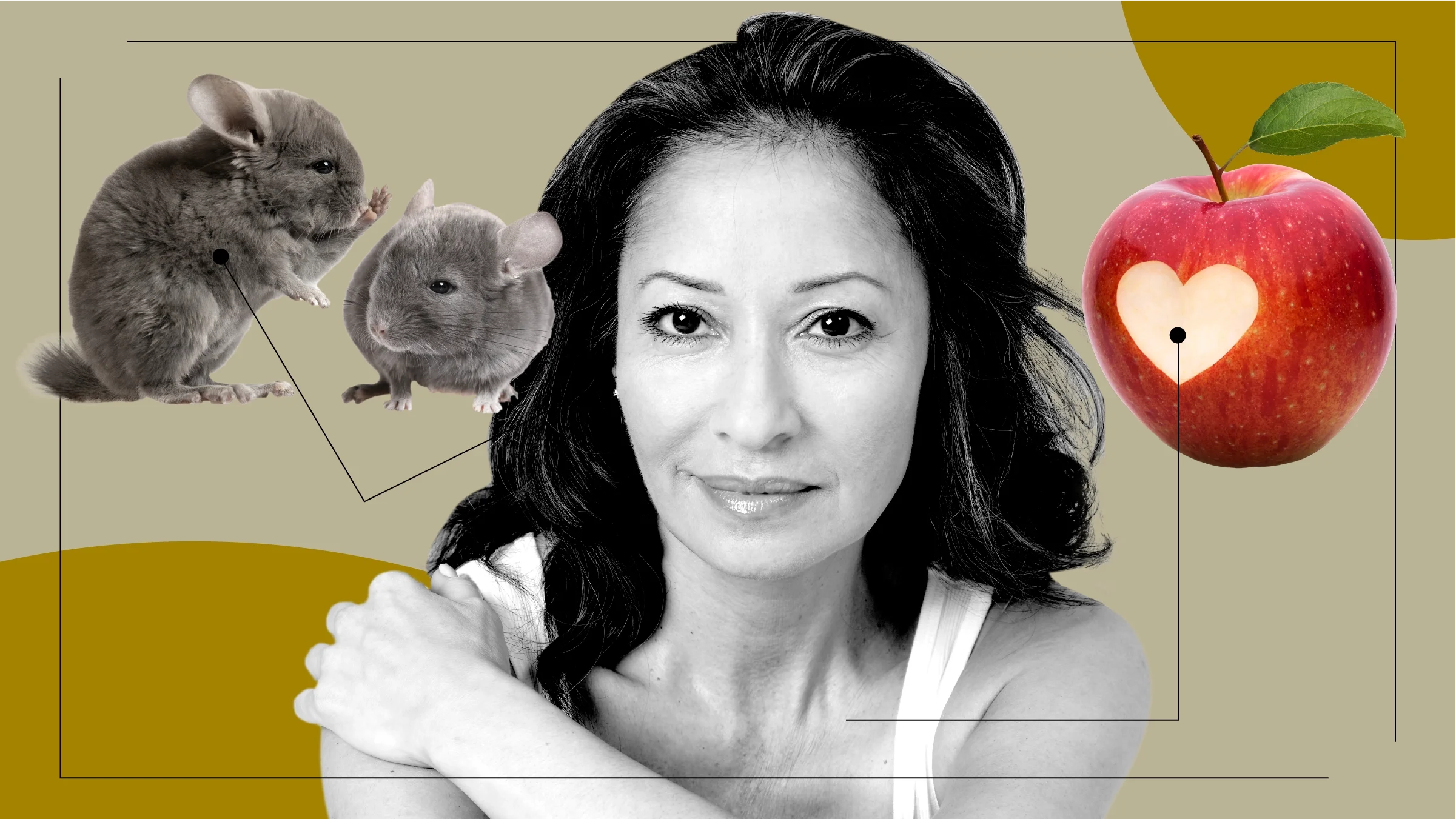Key takeaways:
Many people need a reset from drinking patterns after a party-filled December.
Some describe challenges of keeping a Dry January resolution, such as sugar cravings or feeling socially awkward.
Three women we interviewed say not drinking in January has improved their physical and mental health.
At the start of each year, social media platforms are dotted with stories of people pledging to go all of January without alcohol, a practice known as Dry January.
The reasons are varied. The desire may come from needing to reset after a month of overindulging at holiday gatherings. Some do it for health reasons. Others just want to see if they have the willpower.
Three women who report a successful Dry January share their reasons for doing it and their challenges.
Search and compare options
The first year she tried it, she ‘failed miserably’
The first time 42-year-old Neha Jain tried an alcohol-free January was 2016. She says she “failed miserably.”
Neha, who created the online game Shoot Bubbles, says she had a tough transition when she moved from her home country of India to New York City. New York’s cold winters and earlier sunsets, she says, made alcohol much more alluring.
She loved big-city life, with its endless options for parties and entertainment, and drinking was a regular part of that, especially before she had kids.
Neha tried each year after 2016 to make it through January without a drink. In 2021, she succeeded.
“It was challenging, but each failed attempt only fueled my determination,” Neha says. Her 2022, 2023, and 2024 attempts were successful as well.
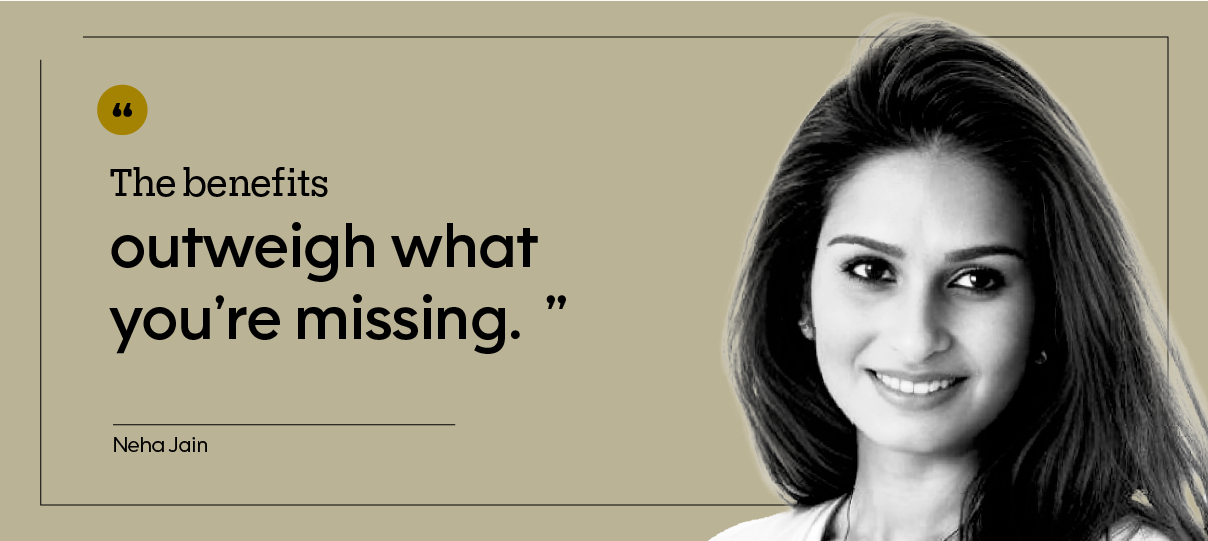
The difference, she says, was the motivation from experiencing health benefits. “As I’m getting older, I just feel the change when I drink as opposed to not drinking,” she says.
She remembers the headaches, indigestion, heartburn, and next-day grogginess she sometimes experienced when she drank, and she doesn’t miss those side effects at all.
“It hasn’t been bad,” Neha says of Dry January 2024. In fact, this year she’s aiming for a dry February too. She also persuaded two friends to try a dry month as well.
Her advice to others trying to stop drinking for any period of time: “If you fail, don’t give up. You’ll get through it. The benefits outweigh what you’re missing.”
Setting an example for her kids motivated her
Miriah Macias, a 30-year-old writer in Houston, completed Dry January for the first time in 2024. She says skipping the drinks helped her learn many things about herself.
Miriah, who writes for Addiction Treatment magazine, says her extended family’s gatherings often feature alcohol, and she would find herself automatically reaching for a drink.
She feared what family might say when she told them she was stopping, such as “Are you pregnant?” or “You think we’re alcoholics.” Those kinds of questions did come up at first, she says, but they quickly passed and comments became supportive.
“People don’t care [whether you’re drinking] as much as you think that they care,” Miriah says.
One benefit was that she discovered she had fewer sugar cravings without alcohol, which is helping her lose weight.
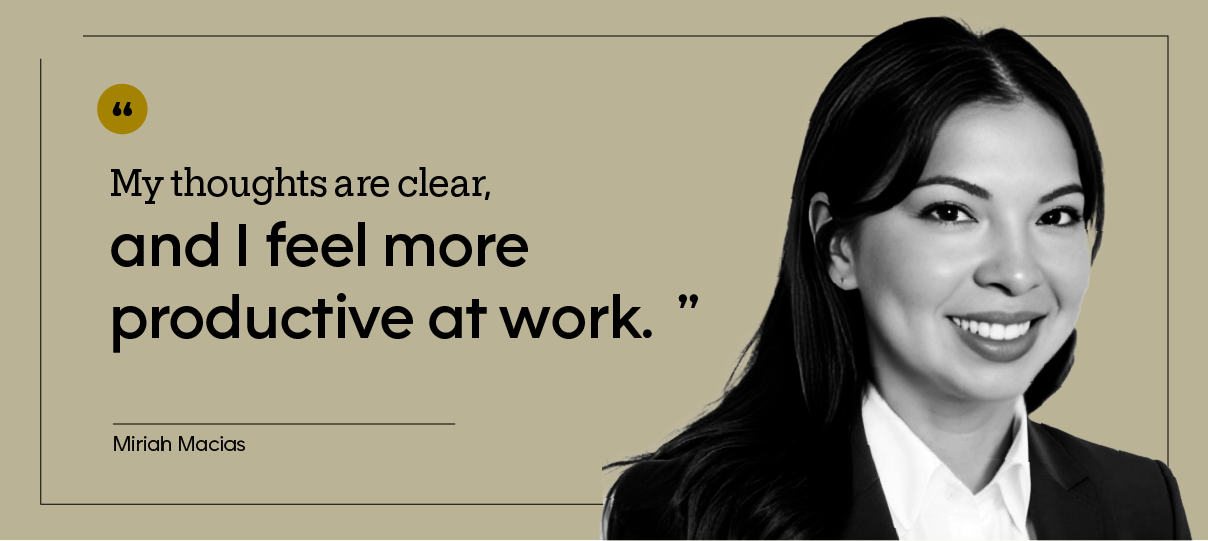
“My brain doesn’t feel so foggy,” she says. “My thoughts are clear, and I feel more productive at work.”
Miriah says she may not give up alcohol altogether, but she and her husband have agreed not to drink in front of the kids, ages 6 and 3. They don’t want alcohol to be seen as closely tied to family fun.
“I don’t know that we want to expose [the kids] to that,” Miriah says. “Like, ‘This is normal. This is glorified. This is what we do when we celebrate.’ ”
Miriah says she was worried that not drinking at social gatherings would feel awkward. But she found that laying off the alcohol helped her be a better listener.
“Without alcohol, I can now hold conversations that have meaning, and I can remember those conversations the next morning,” Miriah says.
Physical and mental benefits
This is the seventh year that 41-year-old Francesca Lacuesta, of Sacramento, California, has attempted Dry January.
Francesca, who owns a women’s wellness brand, says, “The first time I ever did it, I made it to week 2. The second time, I probably made it to week 2½.”
Some years, she has made it to 2 or 3 months without touching alcohol. This may be her most successful year yet, she says, because she hasn’t had any cravings for alcohol.
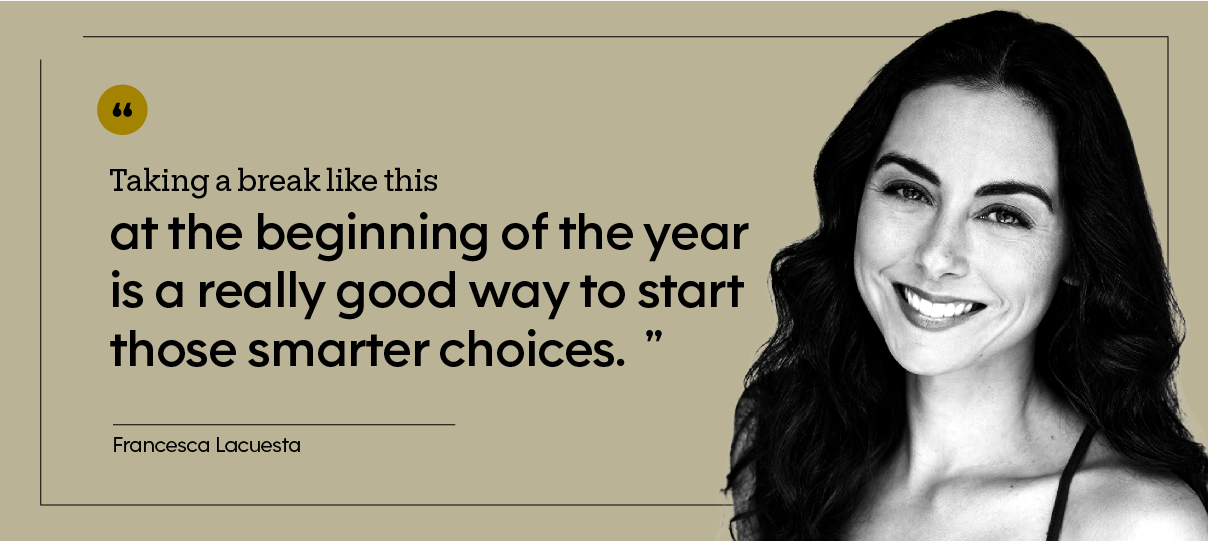
Getting over the sugar-craving hump was her biggest obstacle. “The first 2 weeks, I wanted all the sugar, all the cookies, all the cake,” Francesca says. “Sugar cravings are real.”
By the third week, she says, she was able to substitute fruit when she wanted something sweet.
Francesca also noticed health benefits over the month, including better sleep.
“If I’m consuming alcohol, it’s a lot of waking up in the middle of the night or feeling groggy in the morning,” she says.
Without alcohol, Francesca says, her skin is brighter and less dry, and the fine lines have faded.
Her energy is also up. She hit the gym 5 days a week in January — “no fail” — as opposed to her usual 2 to 3 days a week.
Francesca says she’s set to keep going. But February is her birthday month, so she may allow herself her annual champagne toast.
“I don’t want to quit alcohol altogether. I just want to make smarter choices,” she says. “Taking a break like this at the beginning of the year is a really good way to start those smarter choices.”
In addition to improvements in her physical health, she says, her mental health is better.
“I’m just generally in a better mood — happier,” Francesca says.
Alcohol is a depressant. Without it, she has been able to better cope with an acute sadness in her family. As her father entered hospice care, she wrestled with her emotions.
Without alcohol, she says, “I’m able to be a lot more present and in control of my emotions surrounding that.”

Why trust our experts?
